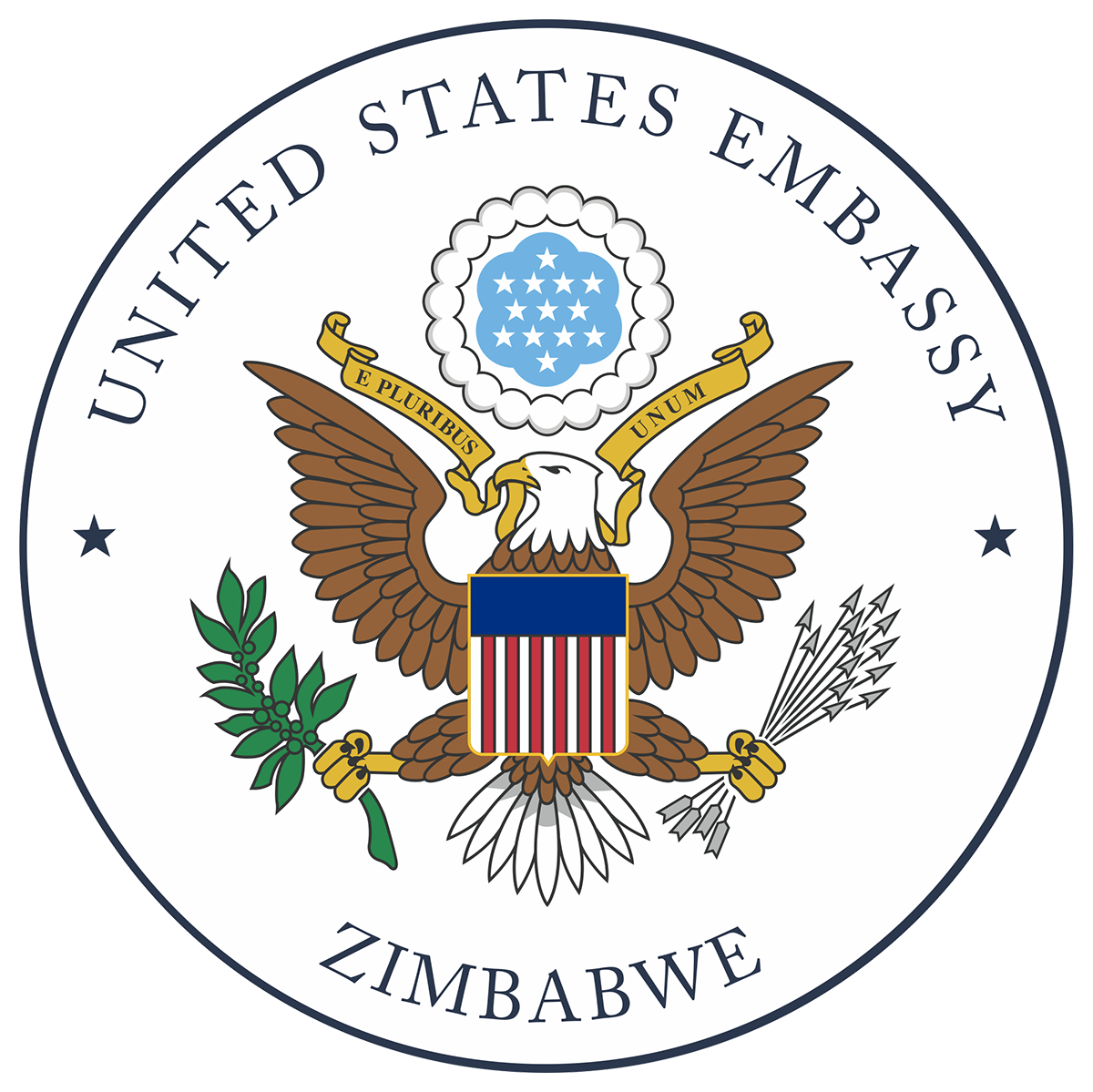
ZIMBABWE’S education sector has been refered to as one of the best on the continent, but is currently suffering a detrimental decline evidenced by ordinary level results this year.
Report by Vimbai Marufu
While the results have caused a shock, what is apparent is that there has been a consistent decline in the pass rate.
According to Zimsec, the ordinary level results recorded a pass rate of 18,4%, a drop from last year’s 19,5%.
What then can be the cause? According to local reports, Zimbabwe School Examination Director Esau Nhandara attributed this decline to an increase in candidature.
“The total number of candidates who registered for “O” level in 2012 was 268 854 compared to 241 512 in 2011”, said Nhandara in the report.
However, some sources said this decline is caused by a number of colleges that are mushrooming across the country.
Chitungwiza is one area that has witnessed the proliferation of such colleges with most of them having inadequate and dilapidated classrooms, inadequate teaching material which in turn causes poor performances from both the teachers and students.
- Chamisa under fire over US$120K donation
- Mavhunga puts DeMbare into Chibuku quarterfinals
- Pension funds bet on Cabora Bassa oilfields
- Councils defy govt fire tender directive
Keep Reading
In an interview with a Chitungwiza resident who introduced himself as Baba Mashaire he said that most of these colleges have got under-qualified teachers who do not pay much attention to students’ behavior.
“In most instances these students finish school at 12pm and because they do not have strict rules or libraries and with most sporting grounds having been turned into residential stands, are seen loitering at shopping centres,” said Baba Mashaire.
Other members of the community cited the political situation and the economic downturn of the country in 2007 as a major cause of the proliferation of such colleges and a decline in results as teachers from government run schools went for strikes or left the country for greener pastures hence parents opted for private colleges.
“The economic situation in our country is partly to blame, as parents we were left with no choice but to enrol our children in private schools because government schoolteachers were always on strike and little did we know that these colleges are just after our money.
This writer managed to visit a private college in Chitungwiza at a time when they were giving out results to students. Their highest scored 9 As, 1 B and 1 C.
The administrator of the college Elias Mhandu said though his college recorded a good pass rate the problem with many colleges is that they employ students that have just finished “A” level who do not have the knowhow of educating students.
“The problem could be that most of these colleges employ students who have just finished “A” level who are not qualified to teach but, however, these students and their teachers should put resources they have at their disposal no matter how little,” said Mhandu.
Another visit was made to another private college in Zengeza 4 Chitungwiza.
The college comprises about 15 classrooms which are shared by both primary and secondary school students from grade one to form 4 plus a driving school.
In an interview with one of the teachers who asked to remain anonymous she said the problem is that they take any student who comes looking for a place, including repeaters or those with 36 units.
“We take any students even those with 36 units or repeaters because they are the ones who come looking for places,” she said.
However, Education, Sports, Arts and Culture minister David Coltart wrote on his Facebook page that poor results could have been affected when many teachers left the service from 2005-2009.
“That the rate has fallen is primarily in view a reflection of the extreme crisis in education experienced between approximately 2005 and 2009 when thousands of teachers left the service and many teaching days were lost.
“Sadly there is a batch of children going through the system whose education suffered during those years and that is reflected in these results,” wrote the minister.











